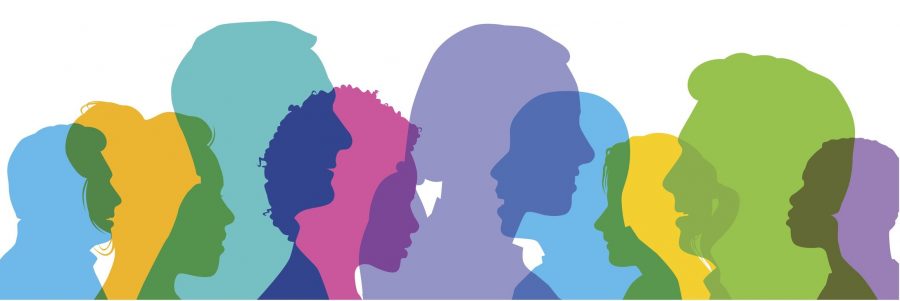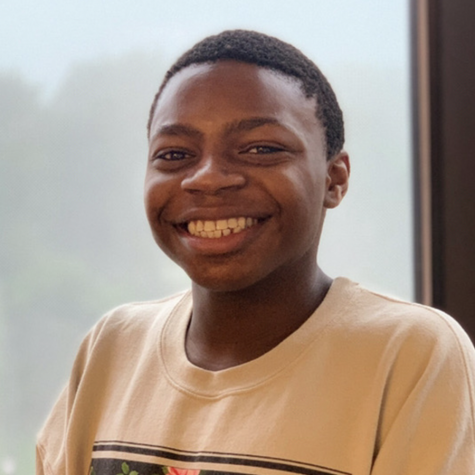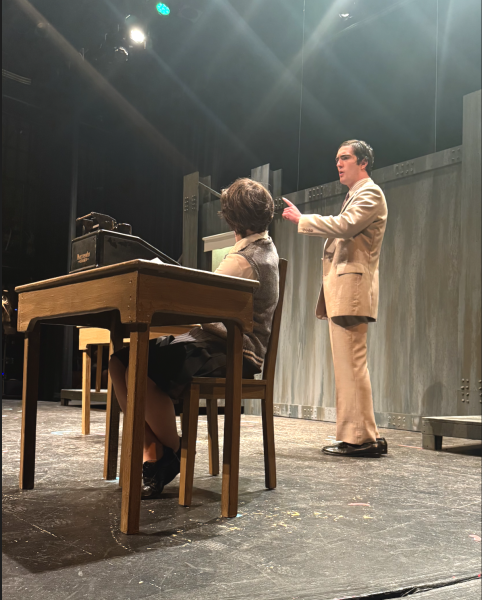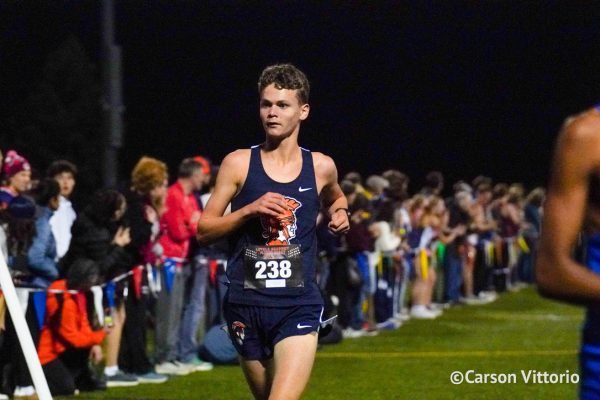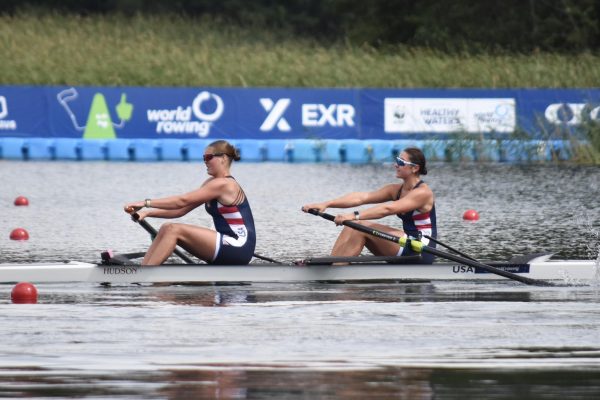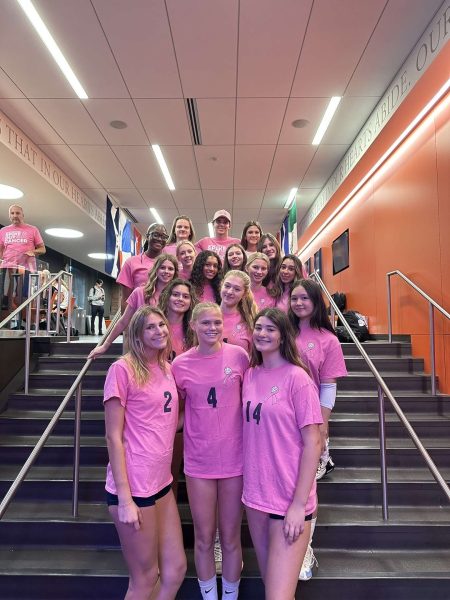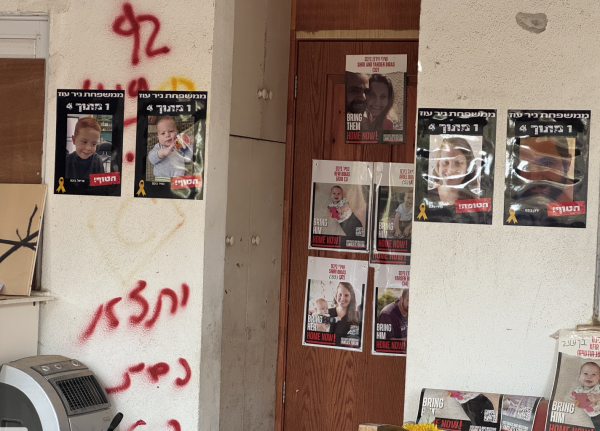Taking Action Against Sexual Assault
May 30, 2019
by Robert Igbokwe
WINNER of the 2018-19 Latin Forum Prize for Best News or Feature Story focused on Latin School.
This school year’s theme is Action. With the controversy surrounding the Kavanaugh hearings inevitably sparking new concerns about sexual crimes in Latin’s community, one can only wonder what actions the school is taking to address these concerns. On Monday, October 1, Upper School Director Kirk Greer briefly spoke to the student body about the administration’s plans to address the sexual assault allegations that recently came to their attention and encouraged students to come forth with their allegations. However, the vague two-minute announcement left many students wondering how exactly Latin plans to approach the sensitive issue and how the school’s initiatives will change Latin’s community.
According to Upper School Counselor, Ms. Lawrence, the school will continue its third year of educational programming around sexual assault and sexual consent throughout the Upper School. “In ninth grade, we want to make sure everyone has the same universal understanding [of sexual consent] because we want to make sure students who have come from other middle schools know what consent is and what makes something consensual or non-consensual,” she said. “We just did that with Freshman on October 3rd. Sophomores will do it in November, Juniors in February. For the Seniors, we do two different consent programs every year. One is specific to college campuses, not because we believe sexual assault starts in college but rather the new factors of college life that many students face call for somewhat different sexual consent education.”
While the administration works to provide consent education for all its students, some Latin students, such as members of Latin’s Alliance for Women (LAW), have also begun fostering healthy conversations around consent. On October 12, LAW held a meeting aimed at addressing sexual assault crimes in the context of the Kavanaugh hearings. Senior Summer Crown, one of the heads of LAW, said, “We wanted to provide a space where people could talk about [sexual assault]. Afterward, we sent out a compilation of strategies surrounding sexual assault. I think that not just LAW, but the school as a whole needs to have discussions, bring in speakers, and set aside time to talk about sexual assault.” These discussions, while potentially controversial, are necessary to create an environment where sexual assault crimes are prevented rather than resolved.
However, some feel that the prevention of sexual assault does not properly address the concerns of sexual assault survivors. The Kavanaugh hearings, for many survivors who believed Ford’s assertions, made them feel that they’re stories were being disregarded and diminished. “For victims of sexual assault, seeing someone you so passionately [believe] is a sexual predator become a Supreme Court Justice can really affect victims in potentially dangerous ways,” said one anonymous source. Survivors struggling to report with their experiences may feel discouraged and suppress both their story and their emotions.
To those looking for actions that directly help sexual assault survivors, Ms. Lawrence says, “What you can do to take action is simply support somebody because when we are talking about sexual assault we are not talking about politics, we are talking about human suffering and pain. I don’t think it matters what political party you belong to, to support another person who’s in pain.”
As for now, the best both students and faculty can do to prevent sexual assault is continuing to engage in healthy discussion about sexual consent/assault. However, often times the best way one can help another is by supporting them. Being there for a friend, bringing them to the counselor, making sure they know how much the people around them care about them, and respecting their privacy. While these actions may seem formulaic, sometimes being a friend is the greatest action one can take.














































